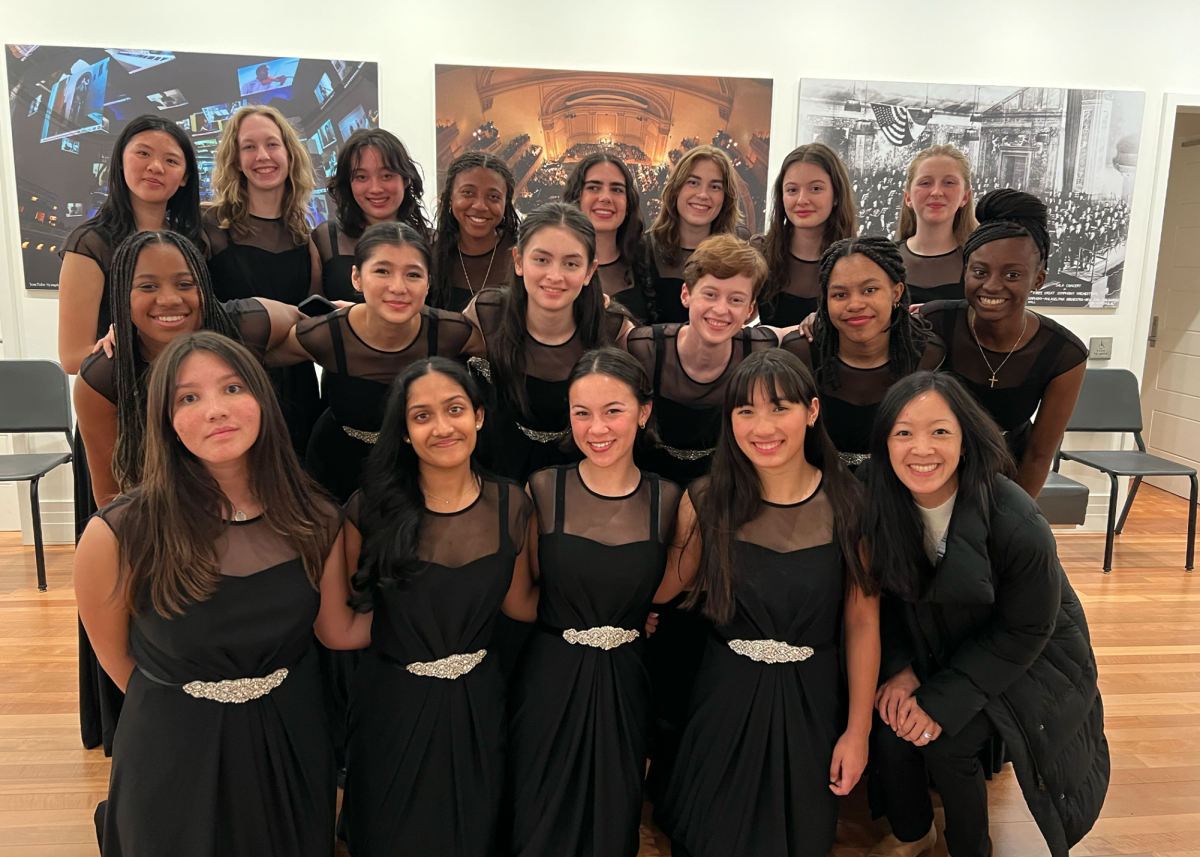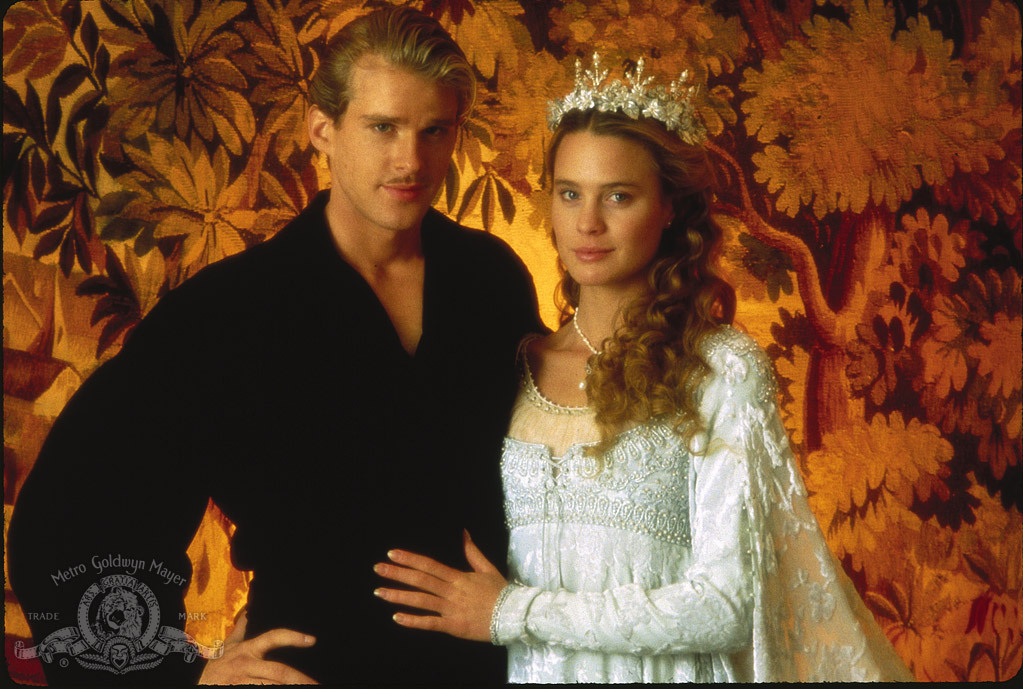
Since the movie “Call Me By Your Name” first premiered at the Sundance Film Festival, I’d been dying to see it. Directed by Luca Guadagnino and starring Timothée Chalamet and Armie Hammer, “Call Me By Your Name” is a coming of age story about Elio, a 17 year old boy who falls in love with Oliver, the American man boarding with his family over the summer. Oliver is a 24-year old doctoral student who has come to work for Elio’s father, an archaeology professor in a small town in northern Italy.
With his stunning cinematography, Guadagnino captures the warmth and sensuality of an Italian summer. By letting the camera linger on a fly buzzing on screen or the swift break of a soft-boiled egg, Guadagnino allows the audience to experience the sights and textures of setting as well as the carnal pleasure of Elio and Oliver’s love affair.
Lust plays a significant role in the film as Elio stumbles through his sexual awakening, whether it is alone with a peach (which has been discussed in the press ad nauseam), with his on and off girlfriend, or his soulmate Oliver. Yet Guadagnino manages to temper these scenes with such a tone of tenderness, humor and innocence, that while the scenes are graphic, they feel heartwarming rather than salacious.
“Call Me By Your Name” is firmly grounded in the world of academia. Classic Greek statues and the characters’ seamless switching from French to English to Italian brings a highbrow, artistic feel that differentiates “Call Me By Your Name” from most movies.
Elio’s world consists of reading classic literature and composing or transcribing music. The soundtrack is made up of his renditions of classical piano pieces as they are playing in his head.
While Elio’s age and inexperience make him vulnerable and attached to Oliver, I appreciated that “Call Me By Your Name” was not the the usual narrative of a young boy being manipulated by an older man. Despite their age difference, Elio and Oliver learn from each other and their relationship is rooted in mutual respect and admiration. Ironically, it is Elio who initiates the relationship.
In the beginning of the film, Elio observes Oliver from afar. As the story progresses, the camera gradually zooms in on Oliver’s profile, symbolizing how his relationship to Elio grows more intimate, reciprocal, and secure. Instead of a cautionary tale, the movie serves as a celebration of love in its purest form.
In his relationship with his girlfriend Marzia, Elio is in control; a power dynamic that flips in his relationship with Oliver. Although small, Marzia’s storyline adds an important dimension to the movie. She pines over Elio like he pines over Oliver, giving the audience a feeling of the cyclical nature of love and heartbreak.
I went into “Call Me By Your Name” knowing it was a love story adapted from an acclaimed novel, but I had no idea how much it would affect me. Despite the obvious differences between my and Elio’s circumstances, I felt like his heartbreak was my own. Guadagnino’s direction captures the monumental, all consuming feeling of love at this age so truthfully that staring into Elio’s teary eyes during one of the most gut-wrenching scenes truly felt like looking in the mirror.
Guadagnino speaks of his intentions for the movie as wanting to capture something “meaningful and not exploitative.” This he achieved with flying colors. “Call Me By Your Name” is being discussed as one of the first gay love stories that transcends sexual orientation. The challenges that Elio and Oliver face have universal appeal.
While Elio is coming of age in the movie, “Call Me By Your Name” has also marked the ascent of Chalamet’s career. Within a month of the movie’s release, Chalamet has won accolades including the LA Film Critics and NY Film Critics Awards for Best Actor, and the Gotham and National Board of Review Awards for Best Breakthrough Performance. Chalamet is already a strong contender for an Academy Award this spring, which at 21 years old, would make him the youngest person to ever win an Oscar for Best Actor.













